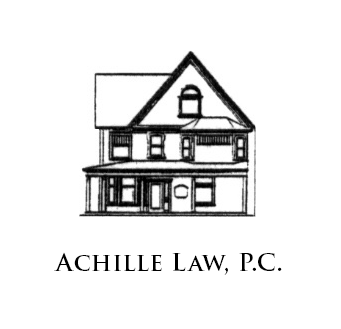Should You Have a Living Trust?
A living trust, also known as a revocable trust, is a legal arrangement where an individual (known as the grantor or settlor) transfers their assets into a trust during their lifetime. The trust is managed by a trustee for the benefit of the trust’s beneficiaries.
The following is a list of pros and cons of using a living trust:
Pros of a Living Trust:
Probate Avoidance: Assets held in a living trust can bypass the probate process, saving time, money, and potential delays in distributing assets to beneficiaries.
Privacy: Unlike a will, which becomes a public record during probate, a living trust offers more privacy since it is not subject to public scrutiny.
Incapacity Planning: A living trust allows you to plan for incapacity by naming a successor trustee who can manage your assets on your behalf if you become unable to do so.
Flexibility and Control: With a living trust, you have the ability to set specific instructions and conditions for the management and distribution of your assets, providing more control over your estate.
Cons of a Living Trust:
Upfront Costs: Establishing a living trust typically involves upfront costs, including attorney fees for drafting the trust document and transferring assets into the trust.
Ongoing Maintenance: A living trust requires ongoing maintenance, such as ensuring that all relevant assets are properly titled in the trust’s name. This can involve additional time, effort, and potential expenses.
Limited Scope: Some individuals may find that a simple will is sufficient for their estate planning needs, and a living trust may introduce unnecessary complexity.
Not Suitable for Certain Assets: Certain assets, such as retirement accounts or assets with beneficiary designations, may not be appropriate to transfer into a living trust, limiting its effectiveness in certain cases.
Lack of Court Oversight: While privacy can be a benefit, the lack of court oversight in a living trust can create a risk of potential disputes or mismanagement of assets by a trustee without direct court supervision.
Next Steps
It’s important to note that the advantages and disadvantages of a living trust can vary depending on individual circumstances. Generally, in Pennsylvania, a living trust cannot save any taxes that cannot be saved by a properly drafted will, which you will need anyway, as there may be assets not placed in the trust. If real estate is owned in another state, you may want to place it in a living trust to avoid probate in that other state which may be more complicated than probate in Pennsylvania.
Generally, a living trust costs more than a will, and the transfer of assets is not necessary with a will. Consulting with an attorney is beneficial in evaluating the pros and cons in light of your specific needs and goals.
Learn more about our estate planning services here, or click the button below to setup a free consultation today!
